Gender Pay Gap Taskforce
About the Taskforce
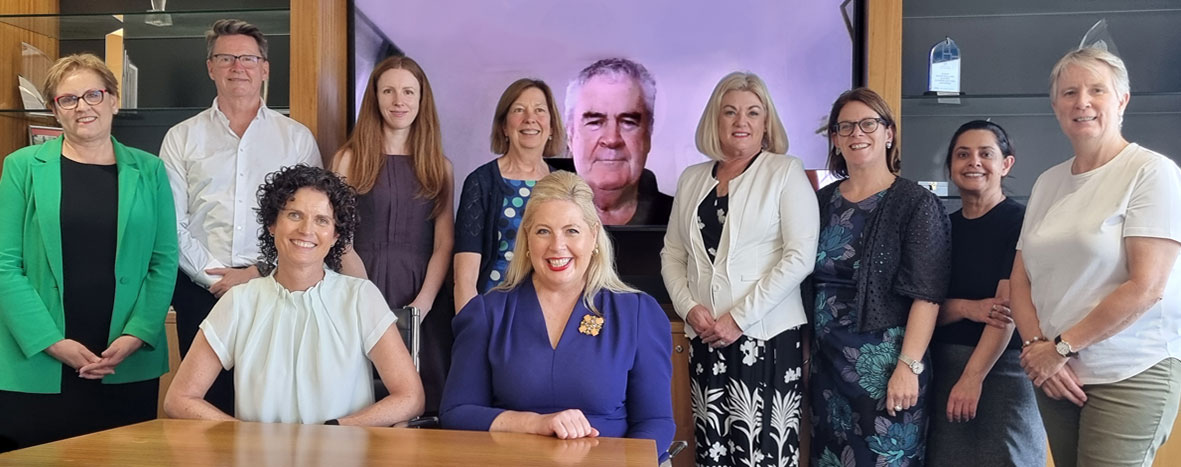
Taskforce members with the Hon Katrine Hildyard and Sandy Pitcher at their final meeting in November 2024.
From left to right (standing): Commissioner Erma Ranieri, Andrew Kay, Natasha Brown, Professor Carol Kulik, Jane Pickering, Sandy Pitcher (non-Taskforce member), Dr Sanjugta Vas Dev, Commissioner Jodeen Carney.
Virtual: Matthew O'Callaghan.
Seated: the Hon Sarah Andrews MP, the Hon Katrine Hildyard MP.
Not pictured: Abbey Kendall, Ross Womersley, The Hon Irene Pnevmatikos (Chair Oct 2022 to Sep 2023), Olive Bennell (Oct 2022 to June 2024), Dr Jennifer Purdie (Oct 2022 to May 2024).
Video and social media campaign
In November 2024 the Department of Human Services released a 6-minute video with the members of the Taskforce discussing some of the most important aspects of the gender pay gap and ran a social media campaign to raise public awareness on this important issue.
What is the gender pay gap?
The gender pay gap is an internationally established measure of women’s economic position in comparison to men and measures the difference between average earnings of women and men in the workforce. The gender pay gap is the result of social and economic factors that combined reduce women’s earning capacity over their lifetime including:
- Conscious and unconscious discrimination and bias in hiring and pay decisions;
- Women and men working in different industries and different jobs, with female-dominated industries and jobs attracting lower wages;
- Lack of workplace flexibility to accommodate caring and other responsibilities, especially in senior roles;
- High rates of part-time work for women;
- Women’s greater time out of the workforce for caring responsibilities impacting career progression and opportunities; and
- Women’s disproportionate share of unpaid caring and domestic work. [Source: Workplace Gender Equality Agency]
The Australian Bureau of Statistics reports that the gender pay gap in South Australia is 10.1% as at November 2024. This gap has lasting impacts on women’s economic security. The gap starts from the moment a woman enters the workforce and accumulates over a working life to a significant wealth gap by retirement.
Closing the gender pay gap is an important step for South Australia to become a fair and inclusive state in which women and girls can equally and actively participate in the economy and all aspects of community life.
Taskforce establishment
The South Australian Gender Pay Gap Taskforce was established in September 2022 as a time-limited advisory board to provide high-level advice to the Minister for Women and the Prevention of Domestic, Family and Sexual Violence and the Government of South Australia on issues related to the gender pay gap by:
- Identifying the specific issues leading to the gender pay gap in the South Australian context.
- Consulting with subject matter experts and diverse cohorts to understand their experience of the gender pay gap and to ensure an intersectional response.
- Advising the Government on how the factors that contribute to the gender pay gap apply in South Australian workplaces, including the public, not–for–profit and private sectors.
- Making recommendations where change can have the most impact, including policy and legislative reform, and considering best practice.
The Taskforce’s members include government and non-government representatives with technical and business knowledge in the areas of gender equality and industrial relations, a diversity which reflects that a collaborative, cross-sector approach is needed to develop robust, sustainable solutions to this complex issue.
The Office for Women provides Secretariat support to the Taskforce.
Taskforce meetings and planning days
Since October 2022, the Taskforce has met regularly, including planning days with the Minister for Women and the Prevention of Domestic, Family and Sexual Violence.
During 2023, the Taskforce undertook state-wide consultations with organisations that demonstrated best practice and progress towards achieving gender equality in their workplaces. Fifteen interviews were conducted with a diverse range of South Australian peak bodies and organisations.
Interim report
In April 2024, the Taskforce released its Interim Report informed by insights gained from their interviews and research, and Taskforce members’ experience and deliberations.
Final report
The Taskforce delivered its Final Report to the Minister for Women and the Prevention of Domestic, Family and Sexual Violence in November 2024. The Report notes economic inequality as a cause and consequence of the gender pay gap and the urgent need to address the gender pay gap in South Australia to remove some of the key barriers faced by women. The State Government is considering the recommendations of the Final Report.
The report identified three key areas of focus to address the gender pay gap in South Australia:
- The needs of South Australia employers
- The need for South Australian data and research on gender inequality
- The role of the public sector.
The State Government is continuing to advance a range of commitments under the Women’s Equality Blueprint 2023–2026 to drive gender equality including a focus on increasing the participation of women in male-dominated industries.
The Office for Women thanks the members of the SA Gender Pay Gap Taskforce for their commitment, expertise and advice towards addressing the gender pay gap in South Australia.
Gender Pay Gap Taskforce Final Report 2024 (PDF 872.7 KB)
For alternative versions of this document, please email dhssagenderpaygaptaskforce@sa.gov.au
South Australian Gender Pay Gap Taskforce Members
South Australian Gender Pay Gap Taskforce Members
Sarah Andrews MP - Chair
Sarah Andrews MP - Chair
Sarah has spent her working life advocating for others and in March 2022 was elected to state parliament as the Member for Gibson.
Prior to being elected to parliament, Sarah worked for a decade as the State Director for Professionals Australia, representing engineers, scientists and pharmacists. Sarah also spent 5 years on the management committee of the Working Women’s Centre.
Sarah has an Honours degree in Drama from Flinders University. Following a brief period working in youth arts, Sarah started work in the trade union movement. At the United Workers Union, Sarah worked on campaigns to improve wages for early childhood educators and aged care workers. Sarah then worked at SafeWork SA in the Work Life Balance team.
Sarah commenced as Chair of the Taskforce in November 2023.
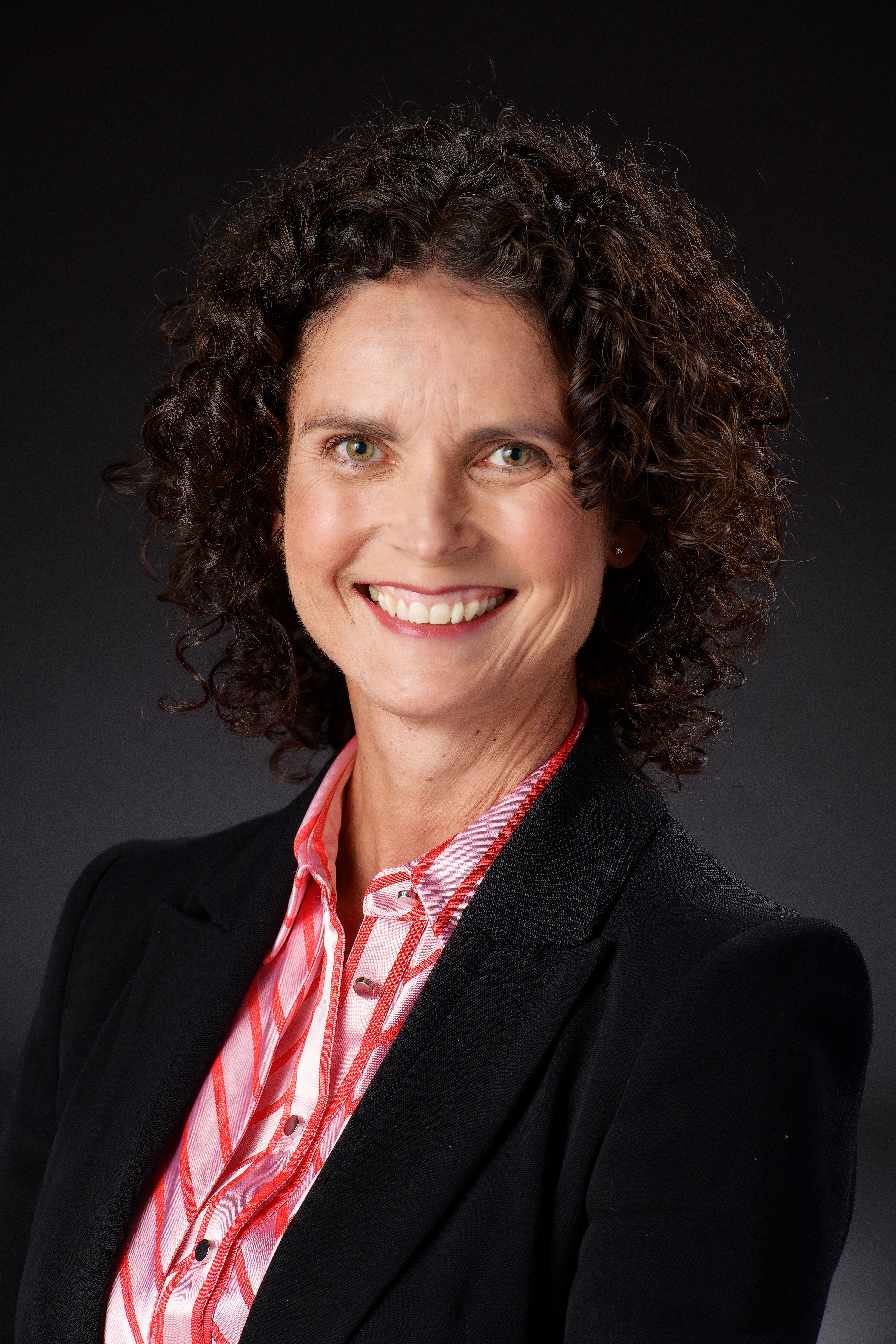
Jodeen Carney
Jodeen Carney
Jodeen worked as a lawyer, politician and departmental chief executive in the Northern Territory which was her home for about 25 years after graduating from the University of Melbourne.
She has also worked as a consultant, and in 2018 was Chief of Staff to the then Attorney-General and Deputy Premier until she was appointed South Australia's Commissioner for Equal Opportunity in April 2021 for a five-year term.
She has had a long-standing interest in the advancement of women, child protection and youth justice.
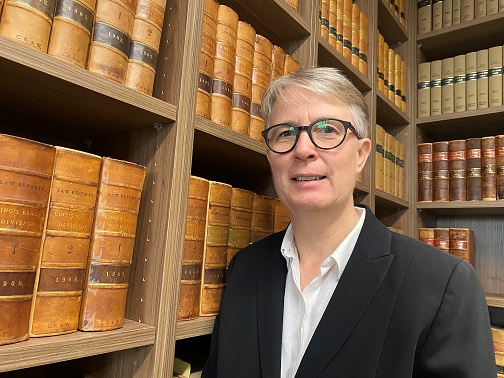
Erma Ranieri
Erma Ranieri
Appointed as Commissioner for Public Sector Employment in 2014, Erma Ranieri is driven to create a world-leading public sector that makes a difference for the South Australian community through an agile, flexible, and inclusive workplace.
Throughout her extensive career in the public and private sectors, her dynamic and inclusive leadership style has helped organisations optimise productivity while also enhancing employee wellbeing.
Erma was awarded the Public Service Medal in the 2021 Australia Day Honours list, for her long-standing advocacy of gender equality, diversity and disability employment and her commitment to public sector reform.
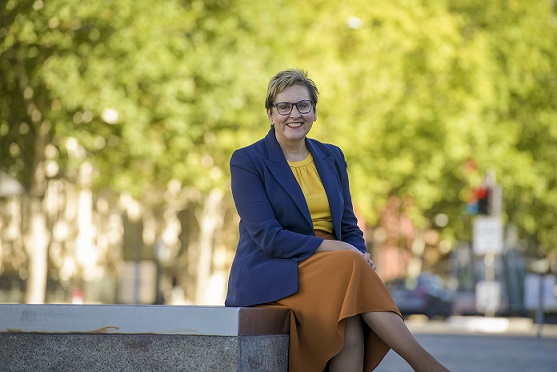
Professor Carol Kulik
Professor Carol Kulik
Carol Kulik is a Bradley Distinguished Professor at the University of South Australia, Centre for Workplace Excellence. Carol’s research interests focus on workplace inclusion, with a particular emphasis on gender. Her research on the gender pay gap (with Professor Yoshio Yanadori and Dr Jill Gould) received the 2021 Philip Brown Prize from the Securities Industry Research Centre of Asia-Pacific and was recognised by the SA Chief Scientist as “Best of the Best.”
Carol (with Associate Professor Sukhbir Sandhu and Dr Sanjee Perera) is leading an Australian Research Council-funded project that investigates why some organisations become front runners in gender equality when so many others lag behind.
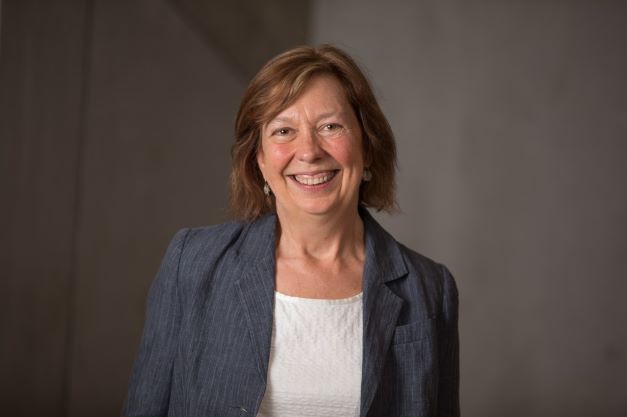
Ross Womersley
Ross Womersley
Ross is the CEO of the South Australian Council of Social Service (SACOSS) and has been extensively involved in community services for many years.
He has a formal background and qualifications in psychology and is driven by the idea that we should live in a community in which everyone is included. Ross acknowledges that the community services workforce employs vastly more women than men and thus the issue of a gender pay gap is highly relevant and needs to be addressed.
He also continues to deepen and extend his understanding of many of the issues he has always been passionate about, including the social determinants of health, as he works to assist SACOSS fulfil its aspirational vision - that there is justice, opportunity and wealth for all South Australians.
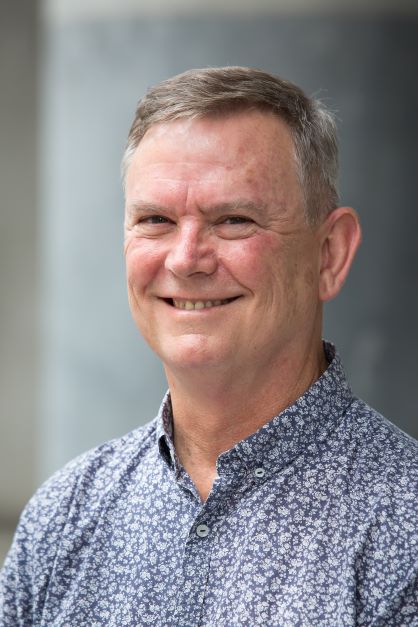
Matthew O'Callaghan
Matthew O'Callaghan
Matthew is a former Senior Deputy President of the Fair Work Commission. He has held senior management roles in both the public and private sectors. In particular, Matthew has substantial mining, manufacturing and health sector management experience.
Since retiring from the Fair Work Commission he has been providing workplace relations and organisational planning advice to a broad range of Australian businesses.
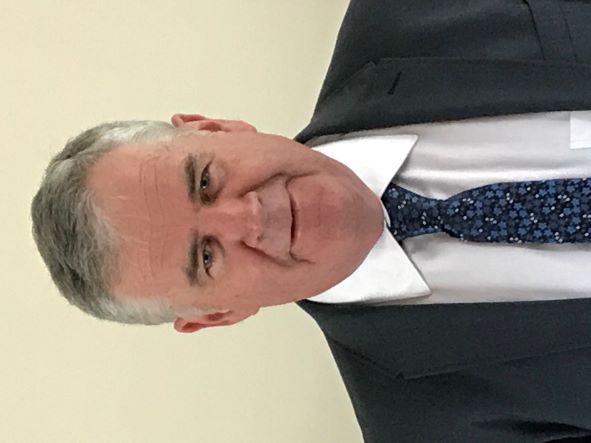
Abbey Kendall
Abbey Kendall
Abbey Kendall is an employment and industrial lawyer and is the principal solicitor of the Working Women’s Centre. Over the last decade, Abbey has worked for small and national labour law firms and unions.
Abbey has dedicated her career to representing and advocating for worker’s rights and has successfully represented organisations against unlawful police raids, defended employees against unlawful traineeships enforced by national food franchises, and represented hundreds of workers in discrimination, sexual harassment, dismissal and workers compensations matters.
Abbey holds a Bachelor of Law and a Graduate Diploma of Legal Practice. She also holds governance qualifications from the Governance Institute of Australia.
Abbey is the President of the Australian Labour and Employment Relations SA Association, a member of the SA Union’s Women’s Standing Committee, and the Welfare Rights Coalition. In 2019, Abbey was elected to the Policy Council of the South Australian Council of Social Services.
Abbey is a feminist unionist and advocates for collectivist gender, sexual, economic and political justice. Presently, Abbey is working in the movement calling for the full implementation of the 55 recommendations of the Respect@Work report.
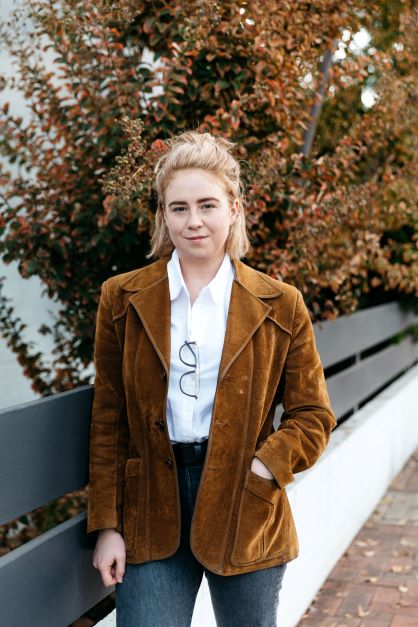
Andrew Kay
Andrew Kay
Andrew Kay recently joined Business SA as the new CEO after many years’ experience working across the financial services, fast moving consumer goods (FMCG) and wine sectors. He has a Bachelor of Business degree, an MBA in International Business and in 2014 spent time at Harvard Business School on a scholarship provided by the South Australian Industry Leaders Fund.
Andrew sits on the Board of the Botanic Gardens and State Herbarium where he is also Chair of the Botanic Gardens Foundation, as well as the Board of Centennial Park.
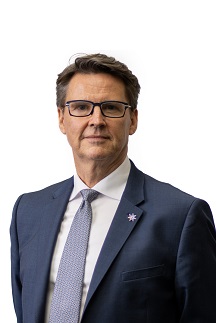
Natasha Brown
Natasha Brown
Natasha is General Secretary of the Public Service Association (PSA). The PSA is the state's principal public sector union representing a workforce including a high proportion of women working across a diversity of roles within the South Australian public service.
Natasha is also SA Unions Vice-President (Women) and serves as Chair of the SA Unions Women's Standing Committee, promoting the interests of working women from all sectors of the South Australian union movement. She is also a member of the Australian Council of Trade Unions Family and Domestic Violence Working Group.
Natasha has previously worked in the public health system, and holds a Bachelor of Health Sciences and a Master of Public Health. Natasha is a graduate of the Australian Institute of Company Directors, and has been a member of South Australia's Industrial Relations Consultative Council since 2017.
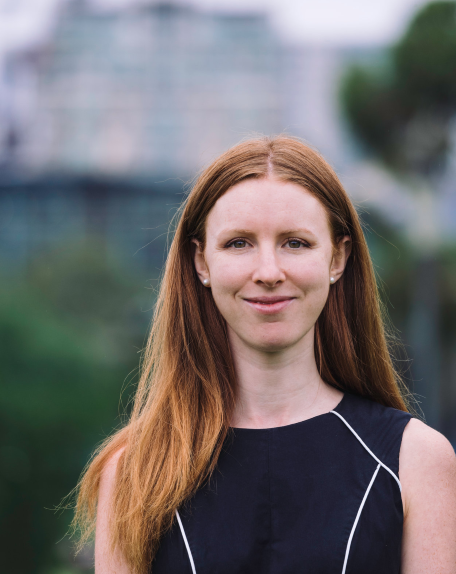
Jane Pickering
Jane Pickering
Jane Pickering is the Chief Executive of Eldercare Australia Ltd. Eldercare is one of the largest residential aged care and retirement living providers in South Australia. Jane has held several Executive positions in the health and aged care sectors prior to being appointed as CE of Eldercare in 2013.
Ms Pickering has undergraduate and postgraduate qualifications in Nursing, Education and Business. She is a graduate of the Australian Institute of Company Directors, a Fellow of the Australasian College of Health Services Management, and a Justice of the Peace for SA.
Jane has held several Board positions in the community housing and health sectors and is a member of industry advisory Boards for both Flinders University of South Australia and the University of Adelaide. Jane was the private sector representative on Workplace Equality and Respect Project Governance Group for the SA Government.
She has a solid reputation for leading cultural change within organisations and improving organisational performance through building high performing teams whilst embedding cultures of respect, diversity, and inclusion.
Jane is the Chair of the SA Leaders for Gender Equity. This group of Executives is in the business of levelling the playing field through increasing women’s representation in leadership roles in business and addressing the gender pay gap in business. The group promotes that “talent is gender neutral, but bias is not”.
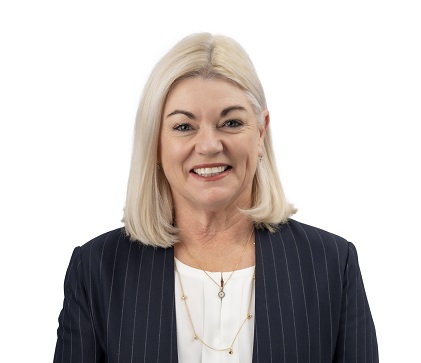
Dr Sanjugta Vas Dev
Dr Sanjugta Vas Dev
Currently the Director of the Office for Women in South Australia, Sanjugta has over ten years’ experience working in the State Government, serving as a Senior Manager, Principal Policy Advisor and lead evaluator across a range of human services agencies including disability, public housing, education and child protection. These experiences have provided her with a deep understanding of service delivery and policy development from a strategic and operational perspective. She is passionate about supporting organizations to explore ways to develop equal partnerships with people with lived experience in service design and implementation.
Prior to working in State Government, Sanjugta completed her PhD in political science and worked as a researcher and consultant across the three South Australian universities. Her research involved a strong focus around gender and youth within an international development context. For six years, she engaged in international consultancy advising the government and non-government sector on gender and youth sensitive policy development and public expenditure management (working in Samoa, the Republic of the Marshall Islands, India, Indonesia and Cambodia) and has worked as a trainer in the Gender Consortium.
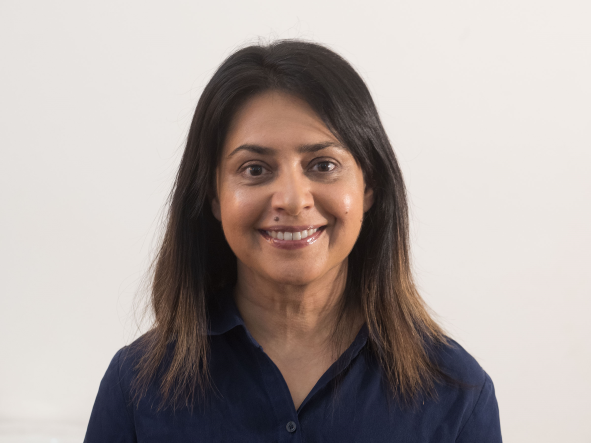
Contacting the Taskforce
Contacting the Taskforce
South Australian Gender Pay Gap Taskforce – Secretariat
Phone 8303 0961
Email dhssagenderpaygaptaskforce@sa.gov.au
GPO Box 292
Adelaide SA 5001
Video and social media campaign
Video and social media campaign
In November 2024 the Department of Human Services released a video with the members of the Taskforce discussing some of the most important aspects of the gender pay gap and ran a social media campaign to raise public awareness on this important issue.
South Australian Gender Pay Gap Taskforce – Secretariat
Phone 8303 0961
Email dhssagenderpaygaptaskforce@sa.gov.au
GPO Box 292
Adelaide SA 5001








